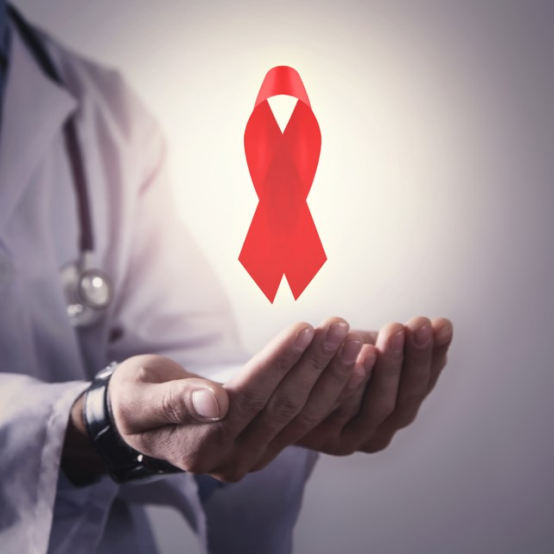
HIV (human immunodeficiency virus) is a serious virus that targets and weakens the immune system. While HIV remains a lifelong condition once contracted, effective treatments can help individuals live long, healthy lives. Here, we’ll explore current HIV treatment options, their benefits, and why early intervention is crucial for effective management.

Understanding Antiretroviral Therapy (ART)
The cornerstone of HIV treatment is antiretroviral therapy (ART). ART consists of a combination of medications that work to prevent the virus from replicating, allowing the immune system to recover and stay strong. According to the CDC, ART can reduce the viral load to undetectable levels, significantly lowering the risk of HIV transmission and keeping the immune system functioning optimally.
While some ART treatments combine multiple drugs into a single, more convenient pill, this can be more expensive. Most patients take between 1 to 4 pills daily. Doctors tailor ART regimens to the individual, adjusting based on the patient’s viral load and treatment response. Typically, it takes about six months of consistent treatment to achieve an undetectable viral load.
HIV Treatment Shots: A New Option
For those who have maintained an undetectable viral load for at least three months, long-acting injections provide another treatment option. According to the CDC, these injections are administered by healthcare professionals either monthly or bi-monthly, offering an alternative to daily pills. Regular doctor visits are required for these injections, making them ideal for those who prefer fewer daily medications but can maintain routine check-ups.
How HIV Medication Works
HIV specifically attacks CD4 cells, which are crucial for immune defense. Without treatment, the virus continues to replicate, weakening the body’s ability to fight off infections and certain cancers. ART helps by stopping this replication process, allowing the immune system to recover and maintain a higher CD4 count. Though HIV remains in the body, ART helps control it, enabling the immune system to fend off various infections and health complications.
The Importance of Timely Treatment
Early treatment is key to managing HIV effectively. Initiating ART soon after diagnosis can prevent severe complications and prolong life. According to HIV.gov, people with HIV should begin treatment as soon as they are diagnosed, regardless of how long they have had the virus or their current health status. This recommendation is even more pressing for pregnant women with HIV to protect both their health and that of their baby.
Untreated HIV can lead to life-threatening infections and cancers that would typically not affect those with healthy immune systems. Keeping the viral load low not only preserves the health of the individual but also reduces the risk of transmission to others.
Potential Side Effects of HIV Treatment
While modern HIV treatments have fewer side effects than those of the past, they still exist. Side effects vary from person to person and depend on the specific medications used. Common side effects include:
- Nausea and vomiting
- Diarrhea
- Dry mouth
- Difficulty sleeping
- Headache
- Rash
- Dizziness
- Fatigue
- Pain
Many of these side effects may only last for a few weeks as the body adjusts to the medication. However, it’s important for patients to communicate with their healthcare provider if side effects persist or become problematic.
The Role of Clinical Trials
Clinical trials play a vital role in advancing HIV treatment and research. By participating, individuals can access cutting-edge treatments and comprehensive medical care. Clinical trials help researchers assess the safety and effectiveness of new approaches, contributing to the medical community and potentially benefiting future patients.
Participation in these trials often comes with benefits such as:
- Access to innovative treatments not yet available to the public.
- Close monitoring and care from a professional medical team.
- Compensation, which can include travel reimbursement and monetary incentives.
Take Charge of Your Health
Living with HIV in 2024 means having access to diverse and effective treatment options. Starting ART promptly, considering new treatment approaches like long-acting injections, and maintaining regular check-ups are essential steps. Embracing these options helps individuals lead healthier, fuller lives while also playing a role in reducing HIV transmission.
Discuss with your healthcare provider which treatment path is right for you and explore clinical trial opportunities to stay informed and proactive about your health.







